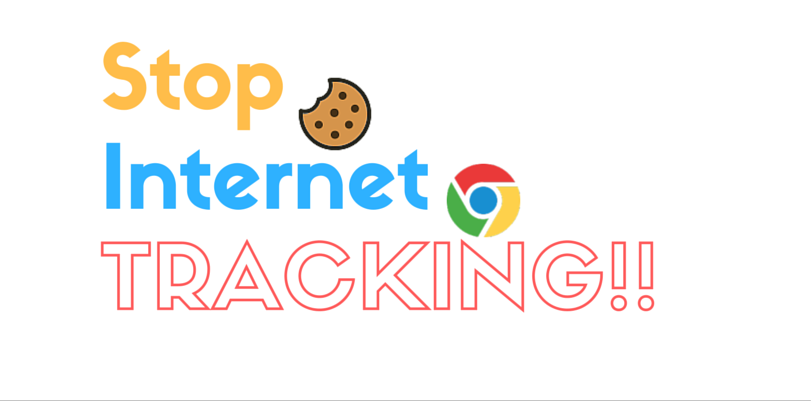In this article, we are going to cover how to stop internet tracking. You might not even be aware of how much websites are tracking you on the web–but the tools and processes that can track you can get quite complicated.
For this article, we won’t dive into what makes a cookie or dynamics of online fingerprinting. Instead, we’re going to explain in simple terms what tracks you on the internet and how you can prevent websites and services from tracking you.
How websites track you on the internet
One of the main ways you get tracked while browsing the internet is through cookies. Cookies load onto your browser every time you visit a site which acts as a unique identifier that strings together multiple website visits.
These cookies serve to customize the web experience for you which can result in faster load times or a slightly different experience. One example might be that when you revisit a website, it seems to recognize you with a “welcome back” page.
Sites like Google, Facebook, and Twitter use cookies to create tracking profiles that combine massive amounts of information together to create a sort of online ID. This ID lets websites map your movements and target you with ads.
This is why you might be searching for a product on Amazon, and then, later on, you see an Ad for that product pop up on another website. Or maybe you’re naughty, and you find that your favorite porn site has an ad that magically knows your particular city!
How to stop internet tracking
One of the first steps to protect yourself from being tracked this way is to install a third party extension like uBlock Origin, which actively blocks third party cookies and trackers. It’s also a great addon since it also actively stops some websites from popping up additional tabs with advertisements.
You know those videos where you click play, and it pops open another tab instead of playing the video? Not anymore!
Another good trick is to make use of incognito mode on Google Chrome or private browsing on Firefox when using websites like Facebook or other sites you might not want to track you.
Perhaps one of the biggest ways you can stop ANYONE from tracking ALL of your internet activity (not just through your browser) is by using a virtual private network.
When you use a VPN, it sends all of your internet activity through a secure virtual tunnel that encrypts your data so no one can read it. Also, a VPN also assigns you a shared anonymous IP address that appears as if you were actually in another location to websites.
Important tip: Which VPN should you use?
Changing your IP address can be useful if you don’t want websites knowing your real world location, but it can also be helpful to unblock websites, messaging platforms, or even services like Netflix that track your location and provide you your geo-located content library.
For example, if you live in China or Australia, your Netflix is vastly different than one in the United States. To access Netflix, check out this guide.
Need help with choosing a VPN? Check out this guide of the top 5 best VPNs. Thanks for reading our short but sweet guide on how to stop internet tracking.
